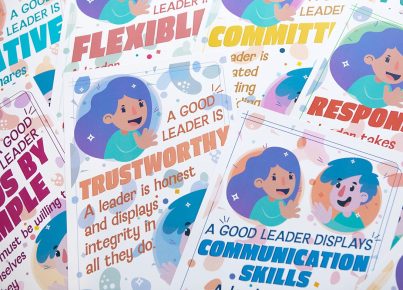Education leadership is often about following your intuition. It can be hard to let go of logic in some situations, but uncertainty is natural in the field of education. Learn to trust yourself and not everyone else.
Trust your instincts
When making decisions or even planning an event, I seek out wise counsel and listen to the suggestions of my team. But at the end of the day, I make the final decision, trusting they my intuition won’t fail me. It can be hard for new leaders to trust their instinct. This is mainly because many of us have been trained to use data and facts to make our decisions. To do otherwise would be foolishness.
However, you have to careful when utilizing data and information that you did not collect yourself. The thing about data is that it can be organized and cherry-picked, which can lead analyzers to make false assumptions. Sometimes this is done consciously, and sometimes it is done unconsciously. If the data that you are presented with does not mesh with what your observations tell you, you may have a major dilemma on your hand. Do you trust your gut, or do you trust the data?
It is hard to stand in front of your team and tell them that you are choosing a course of action that seems counterintuitive and against conventional wisdom. And if the data points to a more effective course of action, and you go with your gut, people will think that you have gone mad. However, to the experienced education leader, data is not always right, and sometimes you have to trust your instinct and intuition.
Trusting your instincts, high risk, high reward
If your decision bears fruit, you will be lionized. If you fail, just know that you will probably be demonized and painted as being incompetent or losing a step. Effective leaders don’t care about what people think of them, they only care about being good stewards and making the right decisions. If you have good instincts, just remember, they will rarely point you in the wrong direction.



